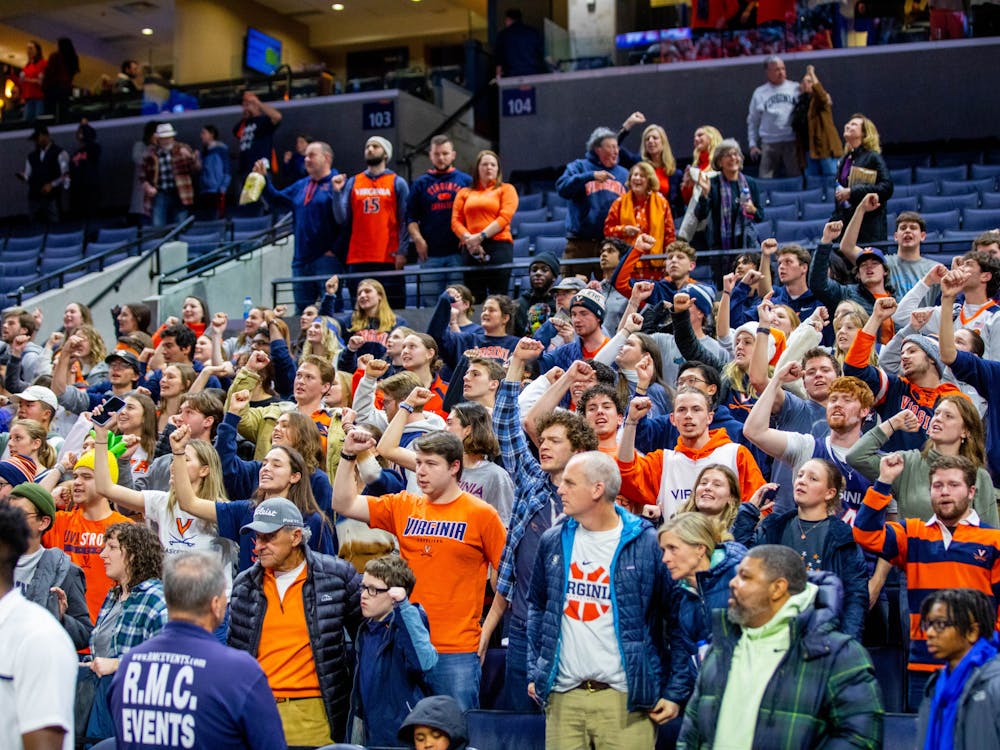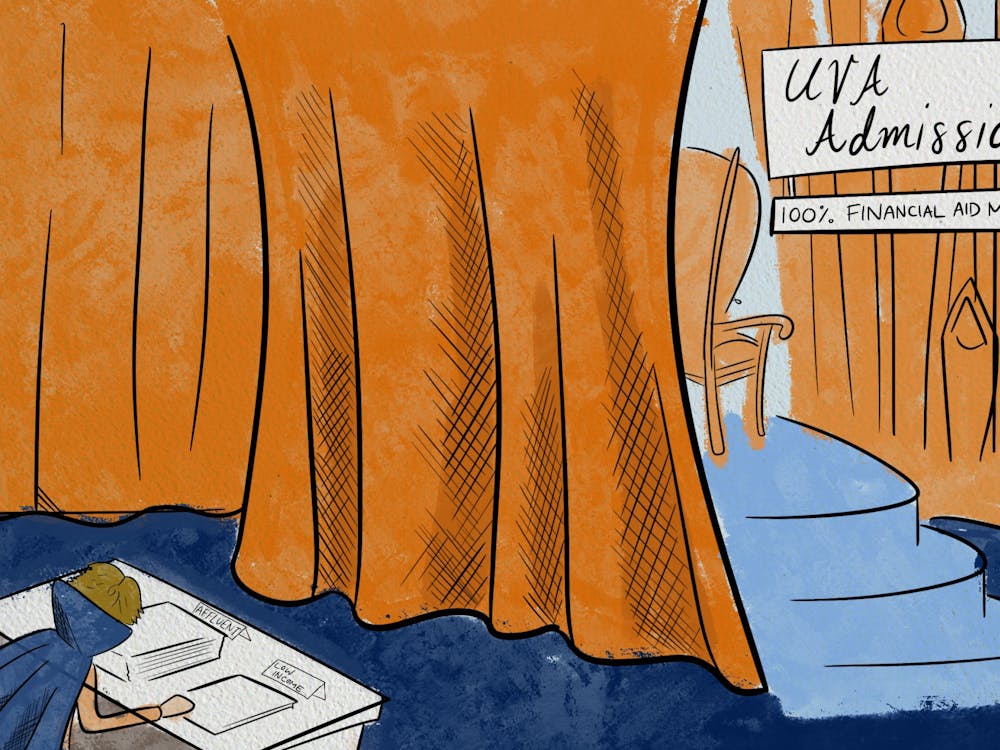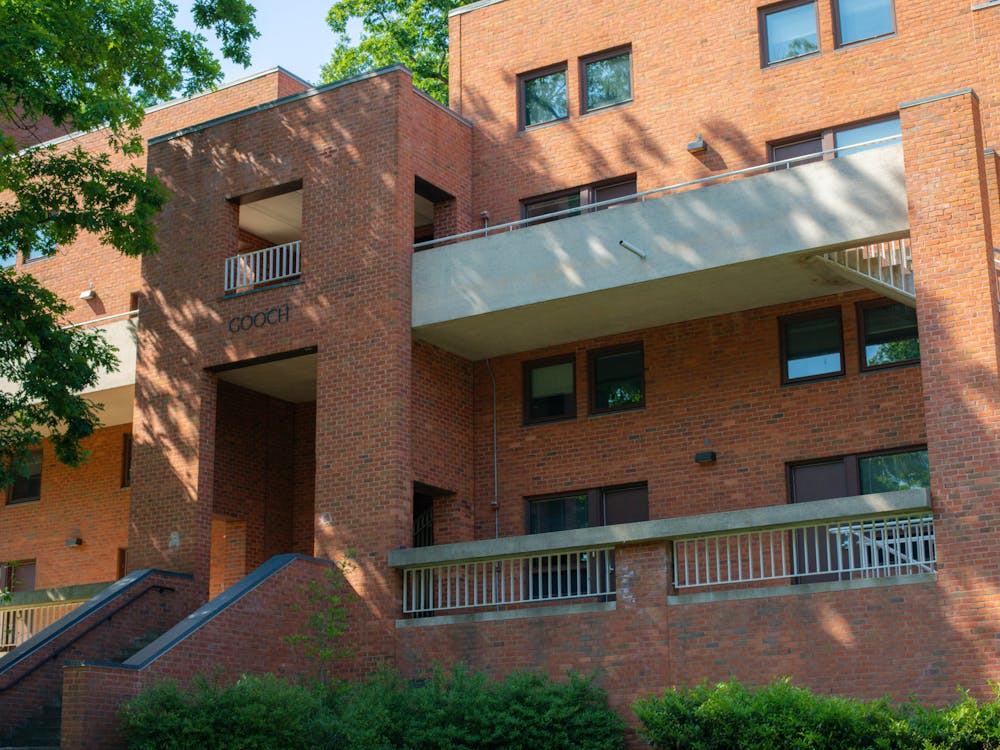Last month, Carmen Fariña, schools chancellor for New York City, announced the city will begin offering the SAT for free to all public school juniors. The change, which will take effect in the spring of the 2016-17 school year, is intended to increase the number of students taking college entrance exams. According to The New York Times, Kentucky, South Carolina, Wisconsin and Connecticut have all implemented similar measures to ensure the same result.
While standardized tests come with their own set of controversies — as Cavalier Daily Opinion writers have pointed out — for many they are a reality of the college application process. Making necessary standardized tests such as the SAT and ACT more accessible may encourage high schoolers who may not otherwise apply to college to do so.
Here in Virginia, public school students already turn out in comparatively high numbers for the SAT. According to the College Board, 69 percent of Virginia public school graduates took the SAT in 2014 — 44.9 percent of whom achieved the College Board’s benchmark for college readiness, which indicates a 65 percent likelihood of achieving a B- grade-point average or higher during the first year of college. In New York, where this new program is being implemented, only 56 percent of the class of 2015 took the SAT at least once, according to the Education Department. These numbers are, of course, affected by the number of students opting to take other standardized tests such as the ACT.
But while Virginia has a high turnout, it can always be higher. In 2007, New York’s Education Department began offering the Preliminary SAT exams for free during the school day to sophomores and juniors, and since then it has seen the number of students who participate nearly triple in size. If Virginia wants to fill in its test-taking gap, offering exams for free could easily do that.
Additionally, offering exams during the school day — and not on the weekend — may also increase participation. Benjamin Castleman, an assistant professor of education and public policy at the University, was quoted in The New York Times saying participation trends are higher when taking part is the default. Essentially, opt-out systems may make taking the SAT, and later applying to college, a default for students for whom it would otherwise not be.
For students, the day of the week and cost of the SATs may be the biggest deterrents to taking them, as the SATs currently cost $54.50 per test. But for the state of Virginia, the cost of offering free SATs, compared to the state’s annual budget, is relatively small. New York’s program is expected to cost the city $1.8 million annually; if the state of Virginia implemented just this amount, it could still have far-reaching effects. Given that the General Assembly allotted over $17 billion for education in fiscal year 2015, a couple million dollars is barely a drop in the bucket for our state.
Prioritizing education — and, in this case, higher education — can come from ideas both big and small. Making standardized tests free is a small way to make college in general more accessible.




